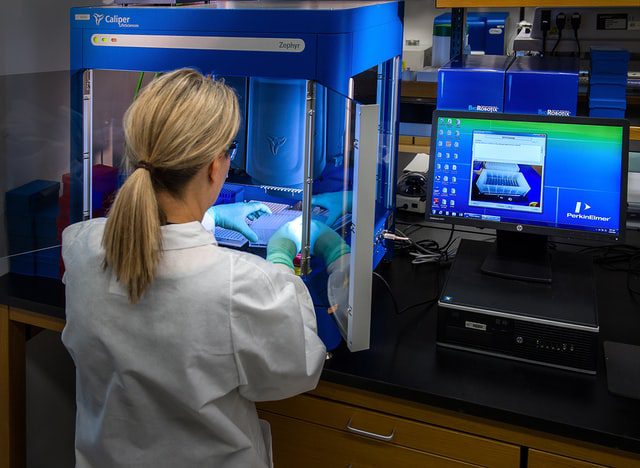The continued evolution of technology has empowered humanity quite unlike anything else, offering tools and technologies to assist us in our daily endeavors. Take machine learning, for example; one of the most advanced technologies out there in the world right now has virtually changed how we do even the simplest of tasks or, say, run our businesses. Of course, its impact has been observed across all industries, including healthcare. Yes, even healthcare, where machine learning has now managed to carve a niche for itself. How? Well, thanks to the many, many ways it has improved the sector.
Today, the drugs and treatment plans are becoming increasingly influential — much more than they were ever before. Have you ever wondered why? We have machine learning to thank for it, enhancing the drug discovery process via automation of reaction processes between chemical compounds and more. Not only that — it has enabled healthcare companies to leverage the virtually endless pool of data they possess and use it to deliver significantly better quality of care. They also empower such companies and facilities with advanced analytics, real-time stats and more about patients, the facility, etc., to enable companies to improve their operations further.
 Now that we have discussed some of the many ways machine learning helps healthcare let’s take a look at some of its benefits.
Now that we have discussed some of the many ways machine learning helps healthcare let’s take a look at some of its benefits.
- Determine risks: One of the biggest benefits of machine learning in this context is that it can help doctors and other healthcare professionals identify health risks with high levels of accuracy. It is done by analyzing patient data and data from other relevant sources. It can also help doctors make diagnoses much more quickly than before and with improved levels of accuracy.
- Electronic Health Records: EHR, i.e. systems used to capture and maintain patient data, have further fortified how machine learning helps the healthcare sector. Once again, machine learning can leverage the goldmine of data made available via EHRs to ensure seamless access of data to requisite personnel, ensure swift patient care, etc. It also helps save precious time and financial resources.
- Improved clinical research: There is no denying that clinical research, especially in the medical field, is a financially-intense and long-drawn process. Machine learning can help with that as well, via extensive analysis of numerous data points, reducing the scope for error, etc. It also allows researchers to suggest alternative treatment paths to ensure the process keeps moving instead of stagnant.
Given all that we know about machine learning so far, it is easy to see that it will continue to evolve and thus, impact the healthcare industry. As facilities seek to deliver a better quality of care and so much more, machine learning is expected to improve patient health monitoring system and other similar resources. So any healthcare facility that will continue its successful operations would do well to embrace machine learning at the earliest possible.
